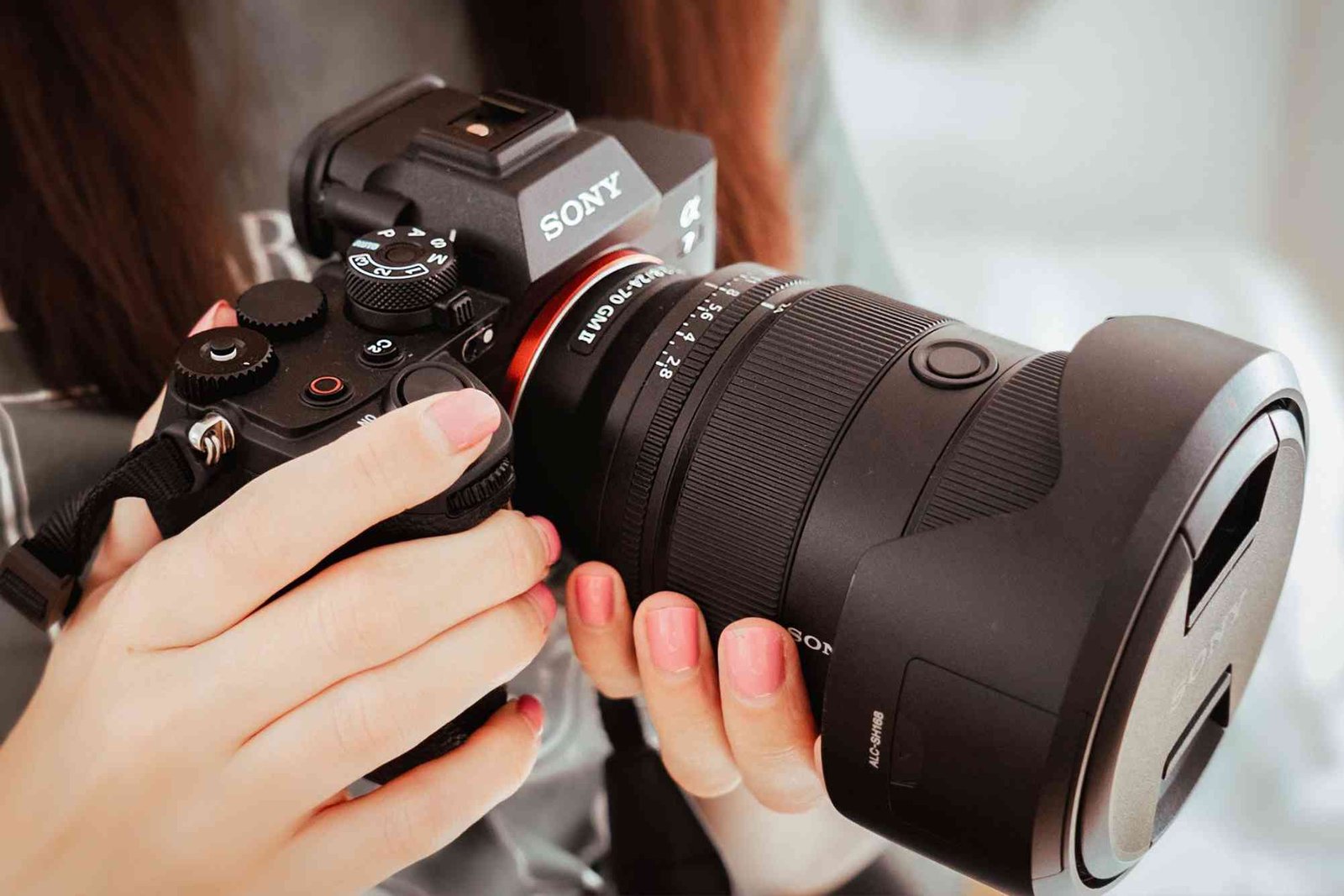When you first start treasure hunting or metal detecting, one of the most common frustrations is finding the exact location of a target after your main detector signals something underground. That’s where a metal pinpointer detector comes in. These small, handheld devices are designed to save time, improve accuracy, and make your digging process far more efficient. They are not replacements for full-sized detectors but act as essential companions that bridge the gap between detection and recovery.
How a Pinpointer Detector Works
A pinpointer detector uses similar technology to your main metal detector but in a smaller, more concentrated form. Once your primary detector indicates a signal, the pinpointer is used to precisely locate the item within the hole or soil plug. Most models emit both audio tones and vibrations, which intensify as you move closer to the target. This allows you to focus your efforts in the exact area where the object is located, minimizing unnecessary digging and damage to the surrounding soil.
Practical Uses for Pinpointers
Pinpointer detectors are not just convenient—they are game changers. They help you quickly isolate coins, jewelry, or relics in tight spaces such as soil cracks, under roots, or between rocks. For gold hunters, the precision can be especially valuable since small nuggets often hide in difficult-to-reach spots. On the beach, they reduce the hassle of sifting through sand. For field detecting, they make recovery cleaner and faster, letting you cover more ground without spending too much time on a single target.
The Role of Pinpointers in Professional Treasure Hunting
Serious detectorists know that time saved in the field often leads to more discoveries. Pinpointers are particularly important when working in areas with high trash content, where junk items can mask valuable finds. By narrowing down the signal quickly, you can separate iron debris from coins or artifacts without digging wide holes. This not only improves efficiency but also keeps sites looking clean and reduces environmental impact, which is a key part of responsible metal detecting.
Pinpointers vs Other Specialized Detectors
While a pinpointer detector focuses on precise recovery, other devices like a cavity detector are designed for entirely different applications. Instead of finding coins or jewelry, cavity detectors locate underground voids, caves, or tunnels. Both tools are valuable but serve different purposes. Understanding when and how to use each type of detector can greatly expand your capabilities as a treasure hunter or prospector.
Highlight on the BR 100 Pro
Among advanced detection tools, the BR 100 Pro stands out as a versatile long-range system. Unlike pinpointers, which are short-range tools for precision digging, the BR 100 Pro can locate treasures at significant depths and distances. Many detectorists use a combination of such long-range systems along with pinpointers. The long-range tool identifies the area of interest, the main detector confirms the target, and the pinpointer finalizes recovery. This three-step process creates a highly effective treasure-hunting strategy.
Real-World Example: Pinpointer Efficiency
Imagine you’re hunting in a field with high mineral content, and your main detector signals a strong hit. After cutting a plug and digging a few inches, you still can’t find the item. Without a pinpointer, you might expand the hole wider, wasting time and effort. With a pinpointer, you can insert it directly into the plug or soil and instantly know if the target is embedded in a corner or deeper down. This level of precision is what makes pinpointers indispensable for both beginners and experts.
Choosing the Right Pinpointer
Not all pinpointers are created equal. Some feature waterproofing for beach or river hunts, while others have LED lights for low-light conditions. The sensitivity levels vary, with premium models capable of detecting very small targets. When selecting a pinpointer, consider your typical hunting environment. If you often detect near water, waterproofing is essential. If you’re after gold nuggets, higher sensitivity is a must. As with all tools, balance your budget with your detecting needs.
Why Every Detectorist Should Own a Pinpointer
A pinpointer detector is more than just an accessory—it’s an essential tool that enhances accuracy, speeds up recovery, and improves the overall detecting experience. Whether you’re uncovering coins in a park, searching for relics in old battlefields, or prospecting for gold in remote areas, a pinpointer ensures that you spend less time digging blindly and more time finding what you came for. Pairing it with advanced systems like the BR 100 Pro or specialized tools like cavity detectors gives you a complete setup for almost any kind of exploration.







